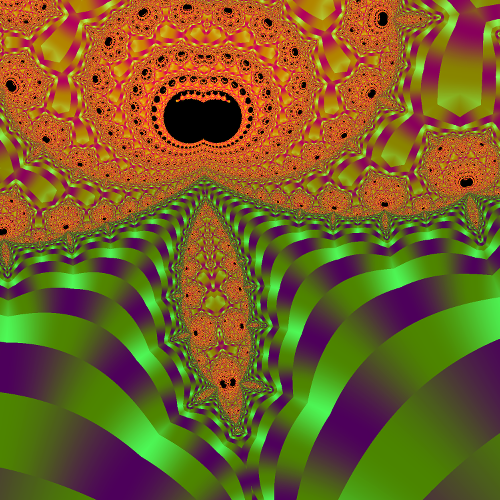結果
| 問題 | No.356 円周上を回る3つの動点の一致 |
| コンテスト | |
| ユーザー |
 koyumeishi koyumeishi
|
| 提出日時 | 2016-04-02 00:37:11 |
| 言語 | C++11(廃止可能性あり) (gcc 15.2.0 + boost 1.89.0) |
| 結果 |
AC
|
| 実行時間 | 1,949 ms / 5,000 ms |
| コード長 | 1,691 bytes |
| 記録 | |
| コンパイル時間 | 821 ms |
| コンパイル使用メモリ | 92,724 KB |
| 実行使用メモリ | 5,248 KB |
| 最終ジャッジ日時 | 2024-10-13 21:05:23 |
| 合計ジャッジ時間 | 13,901 ms |
|
ジャッジサーバーID (参考情報) |
judge3 / judge2 |
(要ログイン)
| ファイルパターン | 結果 |
|---|---|
| sample | AC * 3 |
| other | AC * 48 |
ソースコード
#include <iostream>
#include <vector>
#include <cstdio>
#include <sstream>
#include <map>
#include <string>
#include <algorithm>
#include <queue>
#include <cmath>
#include <functional>
#include <set>
#include <ctime>
#include <random>
#include <chrono>
#include <cassert>
using namespace std;
template<class T> istream& operator >> (istream& is, vector<T>& vec){for(T& val: vec) is >> val; return is;}
template<class T> istream& operator , (istream& is, T& val){ return is >> val;}
template<class T> ostream& operator << (ostream& os, const vector<T>& vec){for(int i=0; i<vec.size(); i++) os << vec[i] << (i==vec.size()-1?"":" "); return os;}
template<class T> ostream& operator , (ostream& os, const T& val){ return os << " " << val;}
template<class T> ostream& operator >> (ostream& os, const T& val){ return os << " " << val;}
long long gcd(long long a, long long b){
if(b==0) return a;
return gcd(b, a%b);
}
template<class ... T>
long long gcd(long long a, long long b, T ... c){
return gcd(gcd(a,b), c...);
}
long long lcm(long long a, long long b){
if(a<b) swap(a,b);
if(b==1) return a;
return a * (b/gcd(a,b));
}
template<class ... T>
long long lcm(long long a, long long b, T ... c){
return lcm(lcm(a,b), c...);
}
int main(){
vector<long long> t(3); cin >> t;
long long l = lcm(t[0], t[1], t[2]);
vector<long long> unko = {l/t[0], l/t[1], l/t[2]};
long long x = 1;
for(long long k=2, m = *min_element(unko.begin(), unko.end()); k<=m; k++){
long long a = unko[0] % k;
long long b = unko[1] % k;
long long c = unko[2] % k;
if(a == b && b == c){
x = k;
}
}
long long g = gcd(l, x);
l /= g;
x /= g;
cout << l << "/" << x << endl;
return 0;
}
